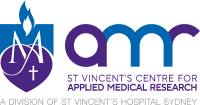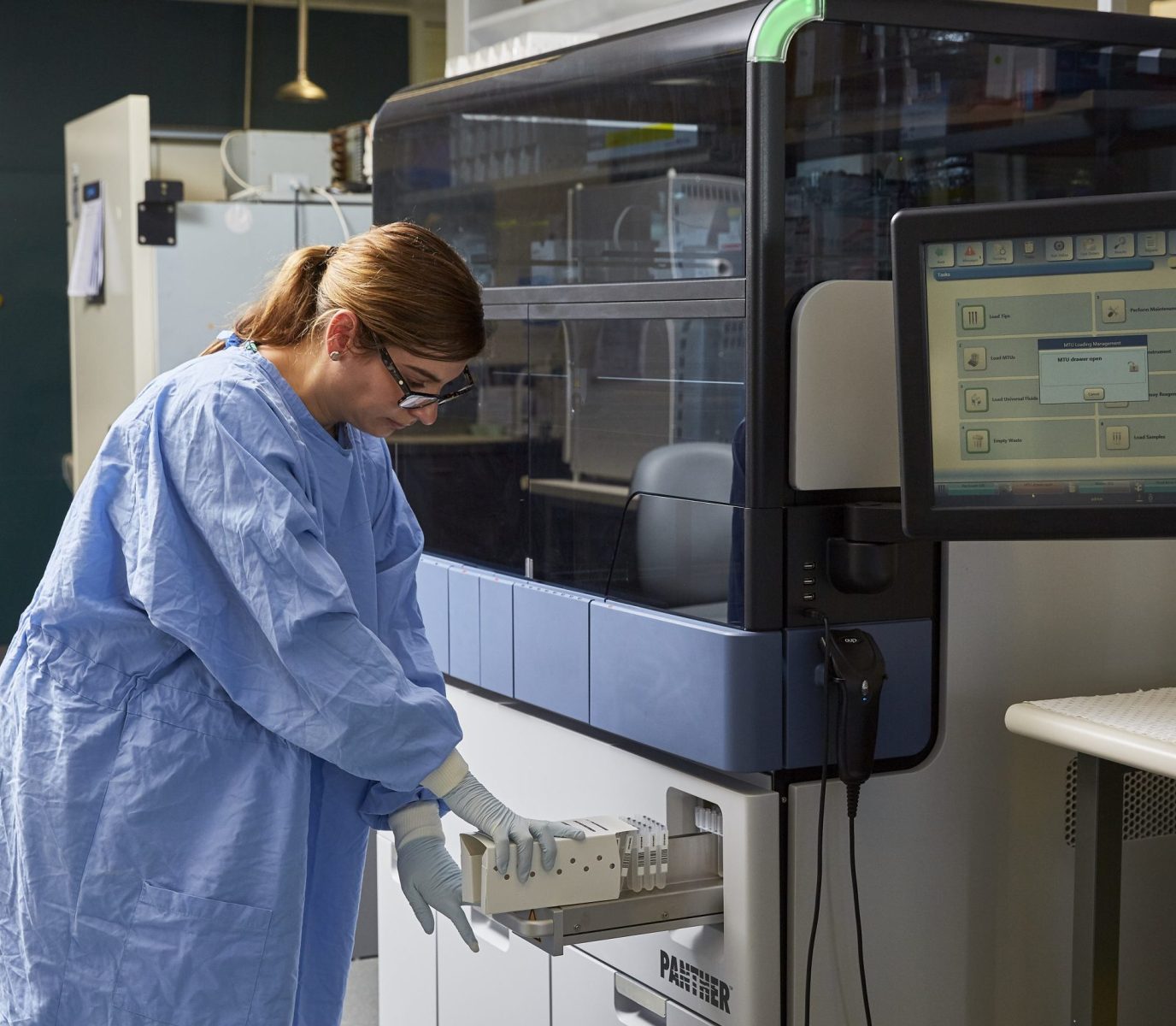The NSW State Reference Laboratory for HIV/AIDS at St Vincent’s Hospital was established in 1983 and is a designated reference laboratory for the diagnosis and clinical management for key populations at risk of HIV, viral hepatitis and sexually transmissible infections.
The laboratory continues to play a central role in the surveillance of HIV infection and drug resistance, diagnosing around 40% of HIV cases in NSW (which represents around 30% of all HIV cases in Australia). This vital work helps inform the Australian Government’s public health response to this disease.
As the largest designated HIV Reference Laboratory in Australia, the NSW laboratory accepts pathology referrals from general practice, private pathology companies, research and public health organisations, health insurance companies and community-based organisations.
The laboratory is also the designated WHO Regional Reference Laboratory for HIV drug resistance (HIVDR) testing in the Asia Pacific Region. The laboratory assists other countries in the region to build their own diagnostics capacity and public health surveillance programs.
The laboratory’s research activities include developing innovative methods to increase the level of testing for HIV and Hepatitis C Virus (HCV) in at-risk people who may not come forward for clinic-based testing. An example of this is the dried blood spots (DBS) and point-of-care rapid testing program, which is conducted in partnership with community-based correctional health and primary care organisations.
The HIV Reference Laboratory at St Vincent’s Hospital provides a state-of-the-art biobanking and biorepository service for health researchers. It holds extensive collections of blood and tissues from individuals with HIV, viral hepatitis and a range of other emerging infectious diseases of public health importance (e.g. influenza, tuberculosis, sexually transmissible infections).


